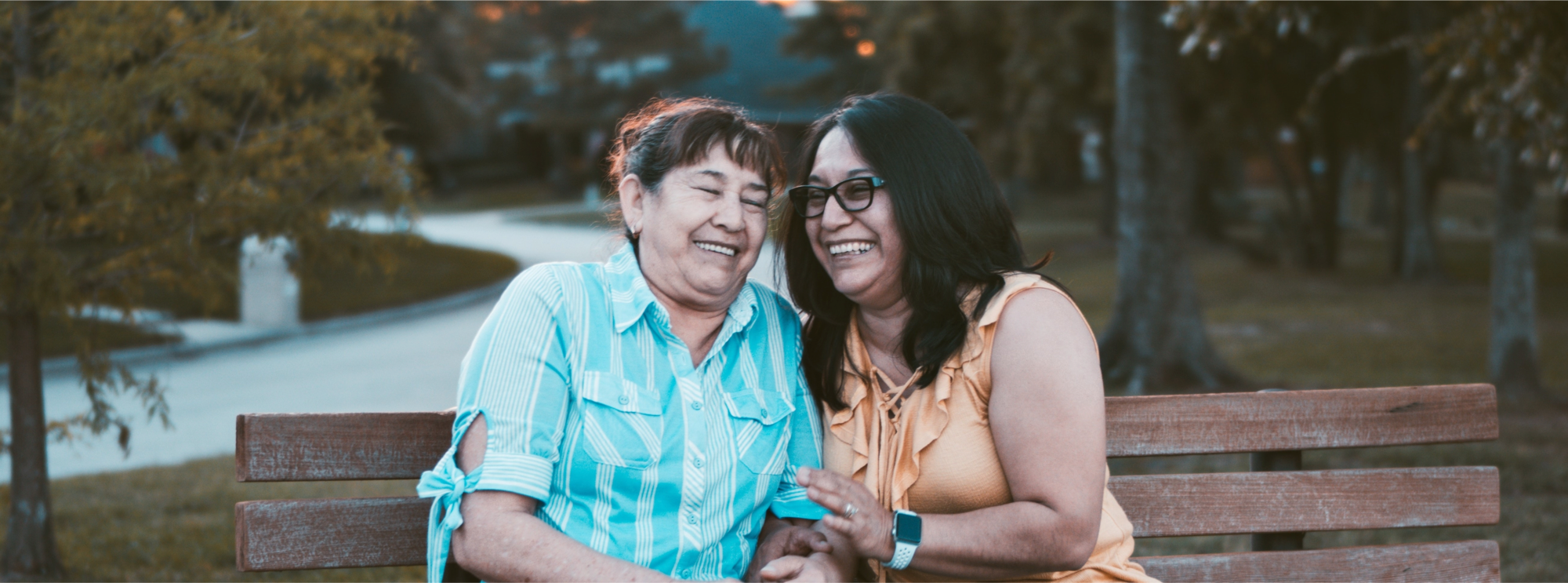 Call us on 0477 453 264
Call us on 0477 453 264
 Murdoch University Clinic (Ages 18+) - Ph: 0477 453 264
Murdoch University Clinic (Ages 18+) - Ph: 0477 453 264

05-03-2024 08:40 PM
05-03-2024 08:40 PM
I could've probably tacked this post on to last week's chat thread about Stigma In The Media, but the thread's been locked now, so, following @espressologic 's advice, I'll start a new thread.🙂
Last night, I encountered a brief video about this distant cousin of Prince William's that has recently died; and this video really ties in well with the points I was making during that chat session last week.
The video pointedly refuses to say the word "suicide" - I mean it is just so obvious that the creators are deliberately going out of their way to not say that word. But at the same time, they give you pretty much every other piece of information you need to build a crystal clear picture of what happened. They tell you what condition the body was in when it was found; including which area had a "critical injury". They tell you what implement was found beside the body. They tell you that the body was found inside a locked room; that authorities "do not consider the death suspicious" and that "they are satisfied that nobody else was involved."
They don't bluntly say "he [did X to] himself", describing his method of suicide - as the official media guidelines discourage. But they give you absolutely every other piece of information you need to unambiguously deduce precisely how he did it. Seriously, nobody with an IQ over 30 could possibly be uncertain about his method after watching this coverage. So it's almost as if these media outlets are sticking to the letter-of-the-law regarding these media guidelines, while actively trying to defy the spirit of them. They are still getting the information about precisely how these people are kil|ing themselves out to the public. Whether this is just for the viewcounts, or whether there's some deeper agenda to it, I can't say.
But at the same time, they are averse as hell to actually saying the word "suicide", even though all the information they provide leads exclusively to that conclusion.
I don't know. I get the sense that there's some manner of bitter rebelliousness in there. As if somebody's told these journalists that they aren't aloud to say "suicide", so to thumb their nose at the 'free speech police' who are stifling their ability to freely report the news, they are crafting their reports to convey all the information they wish to convey, while still carefully dodging the handful of problematic words and phrases that other people have previously given them a hard time over.
Maybe I'm misreading/misinterpreting the undertones of what's going on here. But there is something funny going on beneath the surface of journalism, regarding the coverage of these issues. The language has become unnatural, and communication has become indirect and cumbersome; presumably because there are forces at work stifling it in some way.
I'm not sure I fully understand the problem, nor what ought to be done about it. But I can see that there is definitely something not right out there.
BTW, @espressologic , I only just discovered your post at the end of that "Stigma In The Media" thread. I didn't get any notification about it at the time, so it appears whatever was wrong with the notification system is still going on.😐
05-03-2024 09:55 PM
05-03-2024 09:55 PM
Hey @chibam thanks for this thought provoking topic.
I absolutely know where you're coming from. It often seems like media/wider society is all too happy to talk about things in a 'factual' or 'scientific' way, but very reticent to mention anything that may indicate mental health distress.
Strangely, I think this is a result of misinterpreting which language is hurtful or stigmatising and which words spread awareness. For instance, there is an understandable move away from terms like 'committed suicide' to terms such as 'died of suicide', as 'committed' suggests that suicidal behaviours are criminal or of sin - certainly an attitude which is lacking in empathy.
Where we see this language get twisted is that people think the word 'suicide' itself is hurtful. So we see avoidance of the term altogether, or replacement with colloquialisms such as 'un-alive'.
Truthfully, I wonder how much of this results from the dominant cultural attitudes across the world that suicide is a 'moral failing'. In this mindset, people who die from suicide are morally weak, and therefore, talking about suicide or mental health should be avoided.
Marina Murphy (professor/lecturer with the School of Social Work at the University of Nevada) actually cites this cultural attitude and stigmatisation as one of the main reasons people believe talking about suicide will make it 'worse', or 'give people ideas' (https://www.unr.edu/nevada-today/news/2021/atp-normalize-talking-about-suicide). In truth, there is no downside or detriment to using the word 'suicide'.
I don't think you're misreading or misinterpreting; rather, I think that mainstream media simply mimics traditional cultural beliefs, including harmful ones. Couple this with the fact that media generally in both the UK and Australia is the opposite of progressive, and highly centralized in ownership, and we have the strange avoidance/tip-toeing around the word 'suicide' which you witnessed.
I think this is ultimately a problem which can only be solved by more widespread awareness and a more critical view of much of the media landscape. In Australia particularly, media centralisation is rampant; in 2020, 57% of all Newspaper media was owned by Newscorp (who also have a massive presence in the UK), for instance (https://www.theguardian.com/news/datablog/2020/nov/13/australia-newspaper-ownership-is-among-the-mos...), and our media centralization was rated 3rd worst in the world in the same study, behind only Egypt and China (both of which have mostly state-owned media).
Again, I want to thank you for bringing up this important topic, and continuing the discussions started by @espressologic.
With kindness, Xibon ❤️💙💛
06-03-2024 08:34 AM
06-03-2024 08:34 AM
Hi @chibam (hopefully this notification reaches you - do these not appear in your "new" tab at all?) and @Xibon
Thanks for starting this new thread, after I replied in Topic Tuesday and we closed it off I was made aware that Mindframe (the funder of our StigmaWatch program) are currently running some research that you and others here might be interested in participating in. Mindframe are in the process of revising their media guidelines and are keen to hear from people with lived experience of suicide to inform this.
You can reach the survey landing page here.
Regarding the news piece you've come across, it does unfortunately sound like it's straying into the area of detail that is best avoided. If you have time, are you able to pop the details into the StigmaWatch portal so the team can review it?
Thanks for continuing this conversation.
06-03-2024 05:13 PM
06-03-2024 05:13 PM
No problem, @espressologic 🙂
@espressologic wrote:Hi @chibam (hopefully this notification reaches you - do these not appear in your "new" tab at all?) and @Xibon
And yes, I did get a notification about this post in my "new" tab. It seems to be a really intermittant glitch. Like, I got notifications about many of the responses I recieved while that chat event was in progress. But I didn't get one for the initial post (where I was tagged, among others) that announced that the event was starting. Nor was I notified about that final post you made in that thread, in which I was likewise tagged.
06-03-2024 06:20 PM - edited 06-03-2024 08:26 PM
06-03-2024 06:20 PM - edited 06-03-2024 08:26 PM
@Xibon The more I try to make sense of this phenomenon, the more I fail.
I don't think it's as simple as just lingering dinosaur attitudes maintaining a longstanding silence around the topic of suicide, because I could swear that the media wasn't nearly as reluctant to say "suicide" during the times when high-profile suicides like Dolly Everett, Charlotte Dawson, or Charmaine Dragoon were making headlines. This really noticeable avoidance of the word "suicide" seems to be a relatively new phenomenon, at least by my reckoning.
In the interim, there's been a lot of talk and publication of guidelines regarding media coverage of suicides; and you would expect that to have some noticeable impact on how suicide is reported. But it seems to me that, in many ways, the impact has been the exact opposite of what this activism was aiming to achieve.
None of the activism seems to seek suppression of the word "suicide"; yet, IMHO that has been the most noticeable change to the media coverage of suicide over the past few years - that word is conspicuously avoided in most major news stories you see about suicides.
Meanwhile, the activism does discourage the publication of detailed information about successful suicide methods; and IMHO, this seems to be as common, or perhaps slightly more common than it was several years ago. It's as if journalists are trying to work around this new taboo about the word "suicide" (and god knows where that taboo's suddenly come from), by giving you every other detail so that you can unambiguously construct the conclusion that it was suicide for yourself.
They can't say the word "suicide", so instead they will tell you: "a [X] (implement) was found beside the body, and nobody else was involved.", because they seem to feel like this is the only way they can communicate that the death was a suicide.
It's definitely a change from the 'old style' of suicide coverage; but it's like the exact opposite change to what the advocates were trying to achieve. I just don't get how we've gotten to this place.






Please note this is for technical issues only, like content not loading or problems with posting. General feedback or complaints about SANE and SANE services should be submitted here instead.
If you need urgent assistance, see Need help now
For mental health information, support, and referrals, contact SANE Support Services
SANE Forums is published by SANE with funding from the Australian Government Department of Health
SANE - ABN 92 006 533 606
PO Box 1226, Carlton VIC 3053
